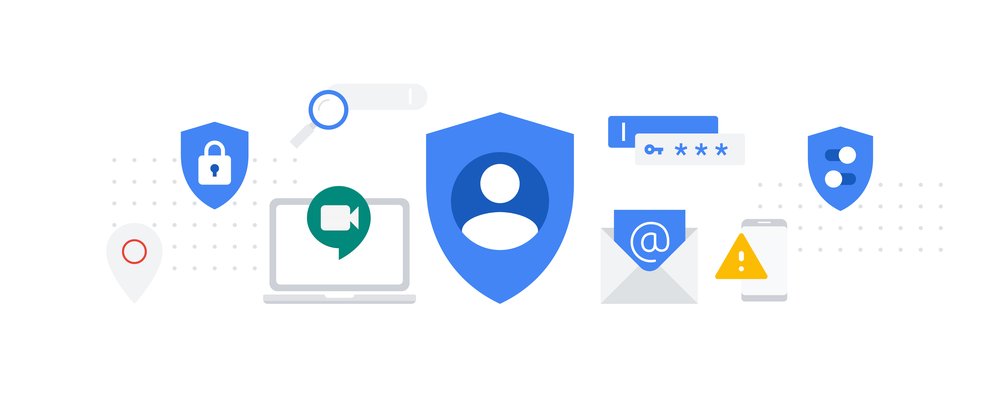The Covid-19 lockdown forced people to shop for everything online and have it delivered to their doorstep. Online payment fraud is also on the rise as the use of digital payment methods grows. Fraudsters have become increasingly sophisticated and continuously develop new tricks. If you are careless when you transact online, you run the risk of having your bank account drained.
When a doctor tried to order cake online, she was duped of Rs 53,000
A 31-year-old doctor from a multi-specialty hospital attempted to buy a birthday cake worth Rs 400 online and was tricked out of Rs 53,000. By impersonating the bakery's employee, the fraudster fooled the victim into sending a huge sum.
The FIR was registered on December 10 at the police station on DB Marg. According to the victim, she works at a multispecialty hospital in Girgaon and wanted to buy her friend a birthday cake. On the night of December 7, she planned to pick up the cake after finishing her work for the day and celebrate her friend's birthday. As she was working, she Googled the contact details of Merwan bakery, which was in Girgaon.
Nevertheless, she was not aware that many cyber-fraudsters have given their own contact information for wine shops, bakeries, online shopping portals, customer service of banks, couriers, etc., and have managed to defraud hundreds of people.
She called the number and a fraudster answered, impersonating the bakery's employee. She was asked to book the cake by making an advance payment of Rs 400. After making the payment, he requested an additional payment of Rs 20 for receipts.
Following the payment of Rs 20, he asked her to pay Rs 15,236 as registration fees. He promised that she would soon receive a refund. Though a little unsure, the doctor trusted him and paid him. A short time later, he told her that there had been an error and demanded another Rs 38,472. Once again, the doctor hesitated, but made the payment thinking she would be reimbursed.
Another reason was then given for why she was supposed to make a third payment of Rs 50,000. At this moment, the doctor realized she was being cheated on and put the phone down. After notifying her bank, she filed a complaint with the local police station.
Also Check: Man Lost ₹1.81 Lakh to Medicine Supplier Fraud

How to avoid this kind of fraud?
1. Never give sensitive information over the phone, such as your credit card number, CVV, OTP, or UPI PIN.
2. Shops often display their phone numbers in front of their stores. In order to prevent being duped, you are advised to call the number provided by the shop.
3. Don't Google customer service numbers for companies or banks. Check their official websites to find their customer support numbers.
4. Making or receiving payments online is recommended through a digital escrow platform. Escrow does not require you to share any of your financial information with anyone. There is a platform that provides escrow services called Vouch.
How does digital escrow work?
In digital escrow, a third-party account holds the money deposited by the buyer until the seller fulfills the terms of the contract. The escrow company supervises the transacting parties.
What is the role of Digital Escrow in preventing online fraud in India?
Digital escrow services are offered by many companies in India. Among the most trusted is Vouch.
Vouch’s Digital Escrow service is a transparent way for buyers and sellers to build trust and secure a clean transfer of product and payment. Sellers can feel assured that they will be fairly compensated promptly, and buyers will feel confident that their order will be delivered as expected and on schedule. Vouch Digital Escrow keeps you updated and informed at every step of the transaction process till the end. Vouch’s professionals are always available to assist you with all queries that you may have during the entire transaction process.
There is no scope for deceit or fraud since the payments, shipping, delivery, and execution are carried out under the honest and watchful eyes of the Vouch’s professionals. With Vouch, any business transaction becomes transparent, uncomplicated, and hassle-free. If you ever come across a fraudster asking for OTP, asking you to scan a QR code, or asking you to click on phishing links, you can simply refuse and ask him/her to proceed with the transaction through Vouch.
This is Fraud Story #198. Check back here for more fraud stories and scams that you can protect yourself from.
Safety is not just about protecting your credit, debit card number, and UPI accounts. It's about having control of your money till you've received the product or service you bought online!
Note: This is a good-faith initiative to educate the world about avoiding frauds like these and how to act when you're becoming a victim of such a situation.
Do you have a fraud you would like to report? Please write to us at letstalk@iamvouched.com






